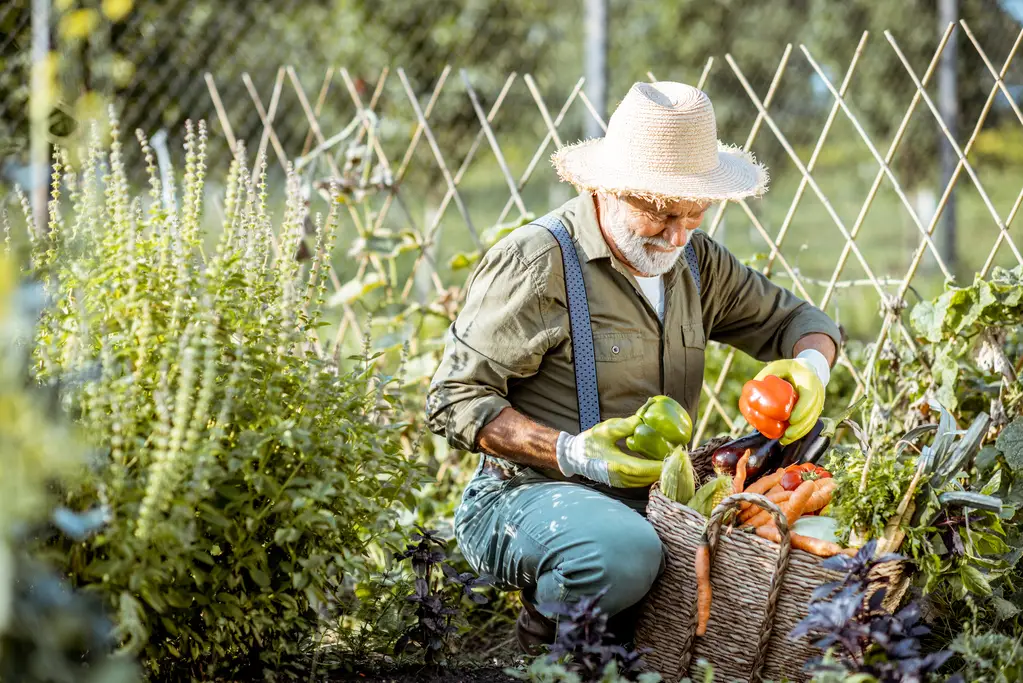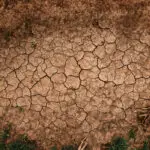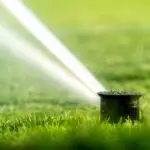If you’re interested in starting a vegetable garden in Boise but don’t know where to start, read on with Lawn Master expert tips! There’s a slight learning curve, but with a few basic tips and preparation, you’ll soon be the popular neighbor who shares their extra veggies with the community.
Where to plant
Step one in starting a vegetable garden in Boise is deciding where exactly to place your garden. It should be somewhere convenient to access, but also somewhere that the garden can get the sunlight and other essentials it needs to grow.
- When possible, place the garden on relatively flat ground. Water will drain away too quickly if it’s placed on high ground and runs the risk of soil erosion. Putting it in a low spot will result in waterlogged, unhealthy conditions.
- Healthy plants need plenty of sunlight to truly flourish (around eight hours a day), so take care not to place the garden in an area that doesn’t receive enough sun due to being in the shade of a building or trees.
- Keep veggies protected from strong winds. Excessive wind dries out soil and can knock over tall or upright crops. Plants with large yields like peppers or tomatoes are particularly prone to damage. Planting nearby a hedge or an open woven fence can block the worst of it.
Preparing the soil
Once you’ve chosen the perfect spot, the next step for a vegetable garden in Boise is getting it ready for planting. Soil is the foundation of any successful garden, so getting it in healthy condition from the outset will provide the best results.
- First, clear the area of weeds and other pests. Depending on the size of the space, it’s possible to do this manually by hand. For larger or more problematic areas, sometimes it’s necessary to bring in professionals. Once this is done, mulching will help prevent the weeds from returning.
- Aerate to loosen up compacted soil and allow air, water, and nutrients to penetrate deep into the earth. Core aeration is the best option, but for smaller gardens, you can use a spade or a digging fork to poke holes around 6 inches deep.
- Treating the soil with a layer of organic compost is the perfect complement to the recent aeration and will let the nutrients absorb deep into the soil. The organic matter will also help with drainage and offer a nutrient-rich bed for seeds.
When and what to plant
Idaho gets all four seasons, providing the opportunity to grow many delicious food varieties. As different veggies have different growing seasons, gardeners should be aware of the best times to sow and harvest. Here are additional tips on starting a vegetable garden in Boise.
- Tender vegetables are any type of veggie that can’t survive cold temperatures. These include tomatoes, sweet corn, and certain types of squash. They’re best planted in May, after the last spring frost.
- Semi-hardy veggies are best to plant between late March and June. These varieties can usually handle an occasional light frost and include carrots, parsley, and beets. Perfect for autumn harvesting!
- Hardy vegetables are veggies that can survive throughout the winter. These include staples such as kale, spinach, lettuce, and broccoli. These types of plants can survive in below-freezing temperatures and are best planted starting in April.
Depending on the size of your garden, it’s possible to grow a wide range of delicious food throughout the year.
Maintenance
Now that everything is in working order, the main thing left to do is maintain it. Besides providing plenty of water (about 1 inch a week), here are some of the things you can do to keep your vegetable garden in Boise more productive:
- Compost should be added either as a top layer or mixed directly into the soil throughout the year. For seeds and newly sprouted plants, it’s best to add it as a top layer. For older plants, you can mix it directly into the soil, but make sure to avoid disturbing the roots.
- Fertilizing should be part of the regular routine. Once a month during growing season is a good starting point for most gardens, but you’ll have to fine tune your scheduling based on the types of plants you grow.
- Harvest plants before they reach full maturity for the best texture and taste. If plants aren’t harvested in time, they’ll usually stop producing and the mature vegetables can even attract pests and disease. There are many guides online for when to harvest different types of veggies.
If you need some help starting up your vegetable garden in Boise, give Lawn Master a call at (208) 989-9261. We’ve been in the lawn care business for over 20 years and know exactly what it takes to get your yard up and running.



